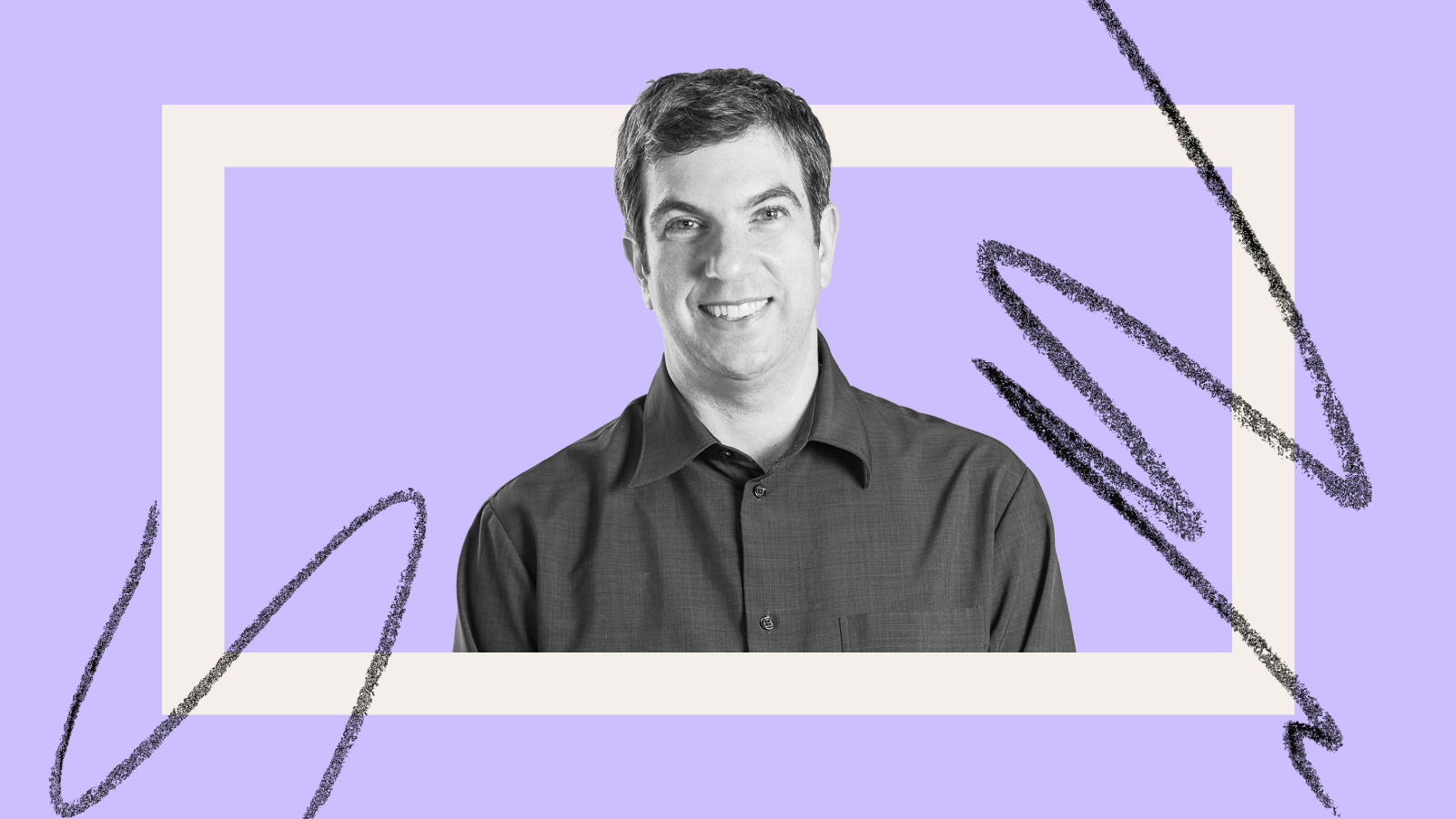Risa Lavizzo-Mourey, CEO of the Robert Wood Johnson Foundation, implores hospitals to focus more on “ultimate outcomes”–patients getting better and staying healthy.
Question: Why are healthcare outcomes sometimes not focused on?
Risa Lavizzo-Mourey: In healthcare, we don’t focus on outcomes. We tend to focus on outputs.
When you go to the doctor it’s all about the visit. When you go to the hospital, it’s about how many days that you are in the hospital. We measure what we do with healthcare in terms of outputs, visits, phone calls, prescriptions, emergency room encounters.
What we really need to do is shift that pivot to the point where we are focusing on the ultimate outcome which patients want desperately--which is to get better and to stay healthy. So by making that shift from outputs to outcomes, I think we will dramatically transform the way that healthcare is perceived by not only patients, but also by doctors and by payers.
When I think about healthcare and the outcomes of healthcare, I like to draw an analogy between an article of clothing and what goes into making that article of clothing. You take a jacket like the one I’m wearing. We want that to fit well, to keep us warm, to do the function that it was intended to do, and we want to pay a reasonable price for it and have it the high value and adorable goods.
If we were to think about healthcare that way, the patient wants a long life and to be healthy and to get a healthcare service that helps him or her do that without paying a lot of extra money to get it.
But if you think about the analogy between the coat, it is almost as if in healthcare we are paying for how many sleeves are on the coat or how many buttons are on the coat, or how many collars are on the coat and not whether it fits well and does the job that it’s intended to do.
So what we have to do in transforming the way, as I said, patients, providers and payers think about healthcare, is to get them to focus on those outcomes of care, the actual function of the patient, whether or not they recovered from the surgery and were able to function the way they want to function after the surgery, not whether it was done and how many surgical procedures or how many pills were given as a part of that process.
Topic: The Robert Wood Johnson Foundation’s “Aligning Forces for Quality” program.
Risa Lavizzo-Mourey: It’s called Aligning Forces for Quality. This program intends to dramatically improve the quality for an entire population in a dozen or so communities, and it does it by getting everyone involved in the care--patients, doctors, hospitals, payers, all of the stakeholders--to agree to do three big rather difficult things.
First, to measure the quality of care that they deliver and to make sure that that is meeting the standards of care, national standards of care.
Second, to be transparent about reporting the quality of care that’s delivered. Most people cannot go and find out anything about the quality of care that they are getting. They can find out about the quality of a car they want to buy, but they cannot find out about the quality of healthcare that they want to purchase.
And third, they agree that they are going to consistently try to improve the quality of care in their region.
Now we think that by doing this, by investing in these dozen or so communities and doing it over a long period of time, they will transform the quality of care delivered, and that will become a beacon for the rest of the nation as we’re having this very important moment in history where our policy leaders, our business leaders, are trying to improve the quality of care.
Recorded on: June 30, 2009.





